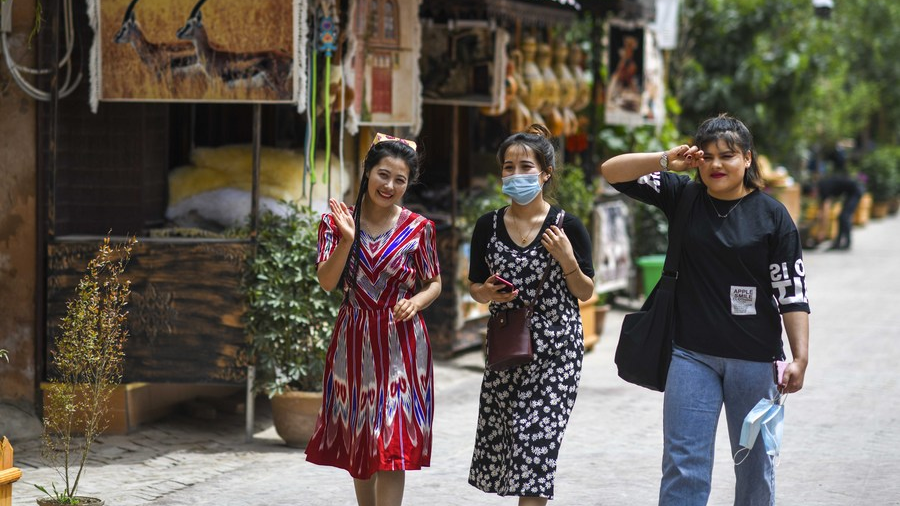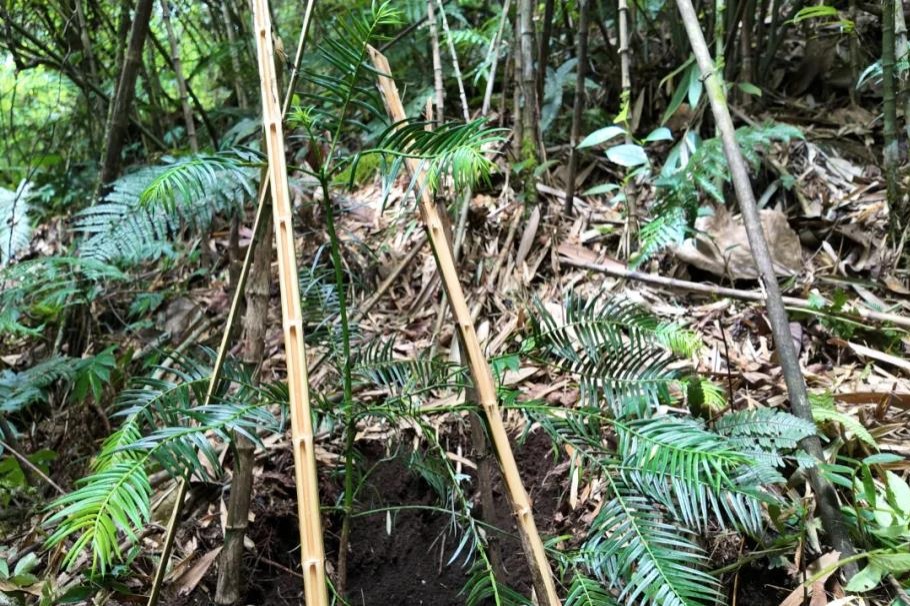Badmouthing Xinjiang persistently futile: China Daily editorial


In August 2018, Lawrence Wilkerson, chief of staff to former US secretary of state Colin Powell, gave a speech at the Ron Paul Institute's Washington Conference.
In his speech, he admitted the US plotted to create unrest in China's Xinjiang Uygur autonomous region with the aim of triggering a collapse of the country from within.
It is therefore not coincidental that with the Donald Trump administration stepping up its misinformation campaign accusing China of human rights abuses in the region, the US Congress approved the Eli Wiesel Genocide and Atrocities Prevention Act that year.
Pursuant to that Act, the US Department of State submitted its fourth annual report to the Congress on Friday outlining the United States' work to prevent and respond to "atrocities" over the past year and presenting its current "concerns".
It also released its first Strategy to Anticipate, Prevent, and Respond to Atrocities that is supposedly intended to guide "a true whole-of-government effort for atrocity prevention and response".
That phrase, which echoes the call for "a whole-of-government approach to counter China" in The United States Strategic Approach to the People's Republic of China that was released by the White House in 2020 serves to highlight why the US continues to work with allies and partners "to call on the People's Republic of China to end crimes against humanity and genocide in Xinjiang".
It is not about human rights, but about pressuring China. By fabricating lies about Xinjiang and smearing China, the US is playing its political games.
Echoing the "Uyghur Forced Labor Prevention Act" that came into effect on June 21, the annual report targets some key industries in Xinjiang that are competitive with those in the US, such as tomatoes, cotton and polysilicon.
Under the guise of "protecting Xinjiang human rights", the US is trying to destroy the key industries of Xinjiang and creating unemployment and poverty there in a bid to stir up discontent and unrest.
Introducing the report and strategy on Friday, Deputy Secretary of State Wendy Sherman said they demonstrate the US' commitment to holding the perpetrators of atrocities to account, while Isobel Coleman, deputy administrator of the US Agency for International Development, said that the worst forms of violence and human rights violations result from pernicious long-term development challenges, democratic backsliding, lack of respect for human rights and the rule of law, conflict and political instability, gender inequality, and corruption. If those sound familiar, it is because they have become characteristic of the ills in the US political system and society.
The US should turn its human rights scrutiny on itself, instead of continuing to push its lies of "genocide" and "forced labor" in Xinjiang.

































